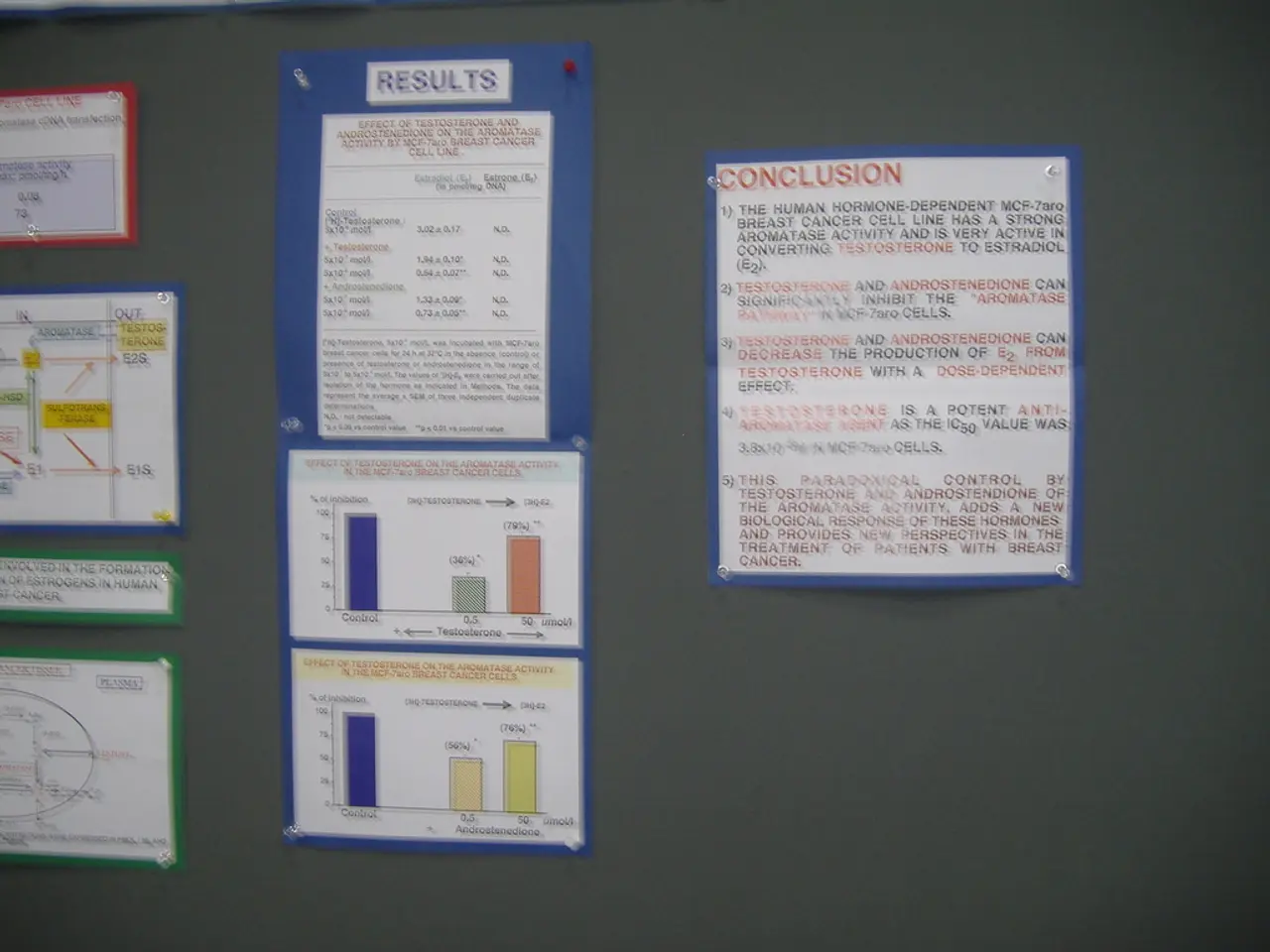Exploring Nootropics' Impact on Brain Injury Recovery
In the realm of brain injury recovery, a growing area of interest is the use of nootropics – cognitive enhancers that may aid in the improvement of cognitive functions, memory, and overall quality of life.
Some nootropics are believed to facilitate neuroplasticity, potentially speeding up the recovery and rehabilitation process. The potential synergies between nootropics and traditional therapies lie in their ability to target different aspects of brain injury recovery simultaneously, potentially leading to a more holistic and efficient rehabilitation process.
However, current clinical evidence for the use of nootropics in brain injury recovery is limited, mixed, and inconclusive. While some trials have reported cognitive benefits such as improved memory, reaction time, or executive function after traumatic brain injury (TBI) or stroke, these findings are not consistent across all studies, and most clinical research has been small-scale with methodological variability.
Specific nootropics like piracetam and related compounds have shown some neuroprotective and cognitive benefits in traumatic and cerebrovascular injury contexts. Yet, robust, large-scale, placebo-controlled trials are lacking, limiting generalizability. Similarly, some supplements such as Bacopa monnieri have demonstrated positive effects in certain studies, yet systematic reviews emphasize inconsistent results and call for more rigorous research.
Certain nootropics with neurotrophic or neuromodulatory properties, like Semax, used clinically in Russia and Eastern Europe for brain trauma, show pharmacological potential by increasing brain-derived neurotrophic factor (BDNF) and activating dopamine/serotonin systems. However, high-quality clinical efficacy data remain scarce internationally.
Additional considerations include the fact that most nootropics studied are well-tolerated in clinical settings but may cause mild side effects like headaches or insomnia; stimulants carry risks of anxiety or dependence. Evidence supports that some nootropics may enhance cognition under stress or fatigue, conditions common in brain injury recovery, but effects are often modest and require sustained use.
Nootropics should not replace foundational rehabilitation practices such as adequate sleep, exercise, and nutrition and are best viewed as potential adjuncts rather than primary treatments. The integration of nootropics with Cognitive Behavioral Therapy (CBT) could potentially lead to more effective management of psychological symptoms and improved coping strategies for brain injury patients.
In summary, nootropics may offer modest cognitive enhancement benefits in brain injury recovery, particularly in specific compounds with neuroprotective mechanisms. However, current clinical evidence remains insufficient to definitively recommend their routine use. Larger, longer-term, and methodologically rigorous clinical trials are needed to clarify their efficacy and safety in this context. Patients considering nootropics for brain injury recovery should do so under medical supervision. Further research is needed to fully understand the implications, effectiveness, and safety of using nootropics for brain injury recovery.





